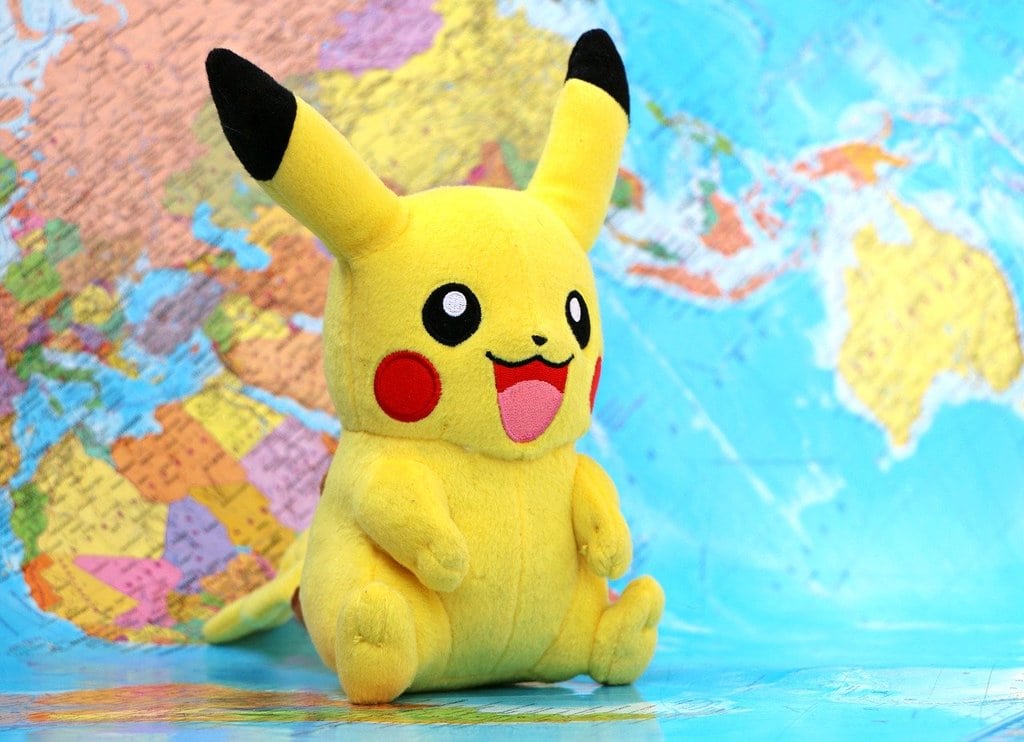The landscape of pop culture has been an ever-shifting terrain, with certain phenomena leaving an indelible mark on entire generations. These cultural moments, trends, and movements have not only reflected the times in which they emerged but also influenced the thoughts, behaviors, and identities of those who lived through them. From music and fashion to technology and social media, these phenomena have redefined what it means to belong to a particular generation.
Iconic Pop Culture Movements That Shaped Generations
Throughout the decades, various pop culture movements have transcended mere trends to become defining characteristics of their eras. These movements were not just fleeting moments but powerful forces that resonated deeply, creating a shared sense of identity among those who embraced them.
One of the most impactful movements was the rise of rock ‘n’ roll in the 1950s and 60s. The emergence of artists like Elvis Presley and The Beatles revolutionized music, challenging social norms and inspiring a sense of rebellion among the youth. Rock ‘n’ roll was more than just a genre; it was a symbol of freedom and defiance against the status quo, encouraging a generation to question authority and explore new possibilities.
Another significant movement was the advent of hip-hop in the late 20th century. Originating in the Bronx, New York, hip-hop quickly became a global phenomenon, influencing not only music but also fashion, language, and attitudes. The genre gave a voice to marginalized communities and highlighted issues of race, class, and social justice, resonating with those who felt unheard. Hip-hop’s impact extended beyond the music, shaping the way an entire generation viewed the world and their place within it.

The Rise of Technology and Social Media
The advent of technology and social media platforms has arguably been one of the most transformative pop culture phenomena of recent times. The digital revolution, which gained momentum in the late 20th century, has dramatically altered how people communicate, consume media, and perceive reality.
The introduction of the internet and, later, social media platforms like Facebook, Twitter, and Instagram has had a profound impact on social dynamics and individual identity. These platforms have created new ways for people to connect, share experiences, and form communities, often crossing geographical and cultural boundaries. The ability to curate one’s life online has also led to the rise of “influencers” and the concept of the “digital self,” where individuals craft and maintain their online personas.
However, this phenomenon has also sparked debates about the effects of social media on mental health, privacy, and the nature of human interaction. While it has undoubtedly shaped the generation that grew up with it, the implications of living in a hyper-connected digital world are still being explored.
The Power of Fashion and Visual Culture
Fashion and visual culture have always played a significant role in shaping generational identities. Certain fashion trends have become synonymous with specific periods, serving as visual markers of a generation’s values, beliefs, and aspirations.
In the 1980s, the rise of MTV brought music videos into the mainstream, making fashion an integral part of a musician’s image and, by extension, their fans’ identity. The glam rock style, characterized by bold colors, exaggerated makeup, and androgynous looks, became a symbol of the decade’s excess and self-expression. Similarly, the grunge movement of the 1990s, led by bands like Nirvana, introduced a more subdued, anti-fashion aesthetic that resonated with a generation disillusioned with consumerism and mainstream culture.
Fashion has not only reflected the changing tastes of different generations but has also been a tool for self-expression and resistance. The evolution of fashion trends often mirrors broader societal shifts, making it a key component of pop culture’s influence on generational identity.
The Cultural Impact of Movies and Television
Movies and television have long been powerful mediums for shaping public consciousness and influencing generational attitudes. Certain films and TV shows have captured the zeitgeist of their times, leaving a lasting legacy on the culture.
In the 1970s, the release of “Star Wars” introduced audiences to a new kind of blockbuster, combining cutting-edge special effects with a compelling narrative that drew from mythological archetypes. The franchise became a cultural touchstone, spawning a devoted fan base and influencing countless other works of fiction. “Star Wars” not only revolutionized the film industry but also helped define the identity of those who grew up during that era.
Television has also had its share of cultural phenomena, with shows like “Friends” in the 1990s becoming a defining aspect of that generation’s experience. The show’s portrayal of a close-knit group of friends navigating life in New York City resonated with young adults, shaping their perceptions of relationships, work, and urban life. “Friends” became more than just a sitcom; it was a reflection of the hopes, dreams, and challenges of a generation.
Defining Moments in Pop Culture History
Throughout the history of pop culture, there have been numerous defining moments that have left an indelible mark on society. These moments often serve as turning points, signaling the beginning of new trends or the end of an era.
Here is a list of some key moments that have significantly shaped pop culture and, by extension, entire generations :
- The British Invasion, led by The Beatles, which changed the landscape of music and youth culture in the 1960s.
- The launch of MTV in 1981, which revolutionized the way music was consumed and popularized the music video as an art form.
- The rise of the internet in the 1990s, which paved the way for the digital age and transformed how people access information and entertainment.
- The global phenomenon of “Harry Potter,” which introduced a new generation to the magic of reading and created a shared cultural experience.
- The explosion of social media in the 2000s, which redefined communication and gave rise to the concept of viral content.
Each of these moments not only shaped pop culture but also had a lasting impact on the generation that experienced them, influencing their tastes, beliefs, and identities in profound ways.
The Ever-Evolving Nature of Pop Culture
Pop culture is in a constant state of flux, continuously evolving to reflect the changing values, technologies, and desires of society. While certain phenomena may seem fleeting, their impact can be long-lasting, shaping the way people think, behave, and interact with the world.
The phenomena discussed above have left a significant legacy, influencing everything from music and fashion to technology and social norms. These cultural moments have defined generations, creating a shared sense of identity and belonging that transcends time. As new trends and movements emerge, they too will leave their mark, continuing the cycle of influence that is the essence of pop culture.
